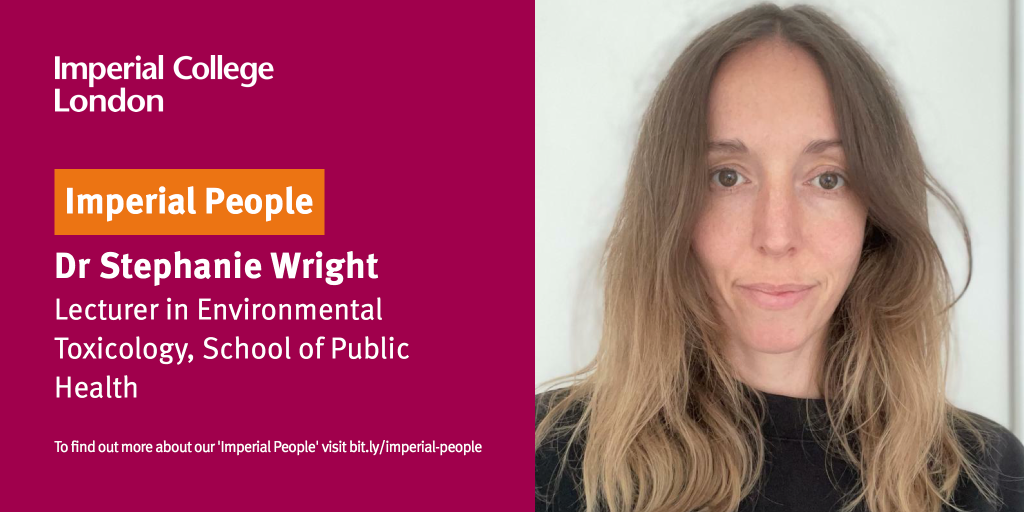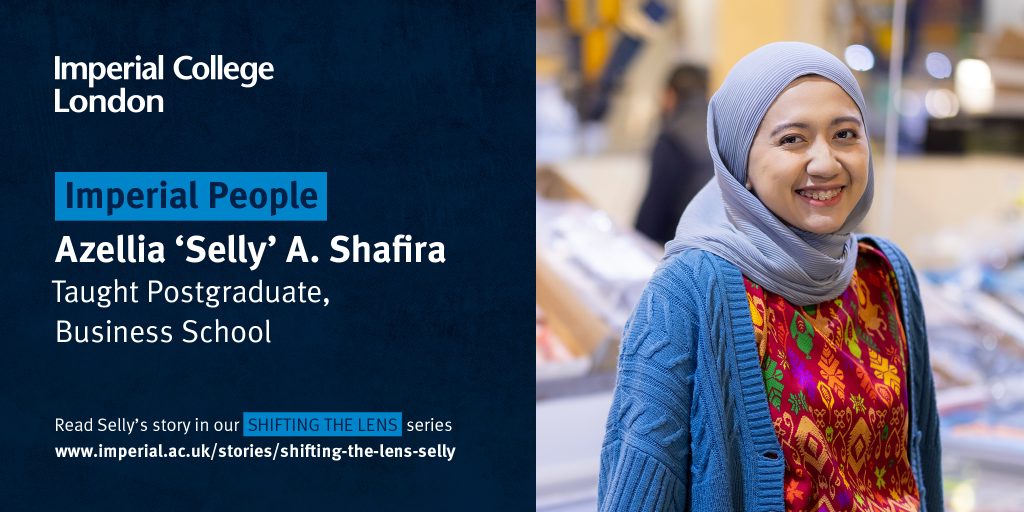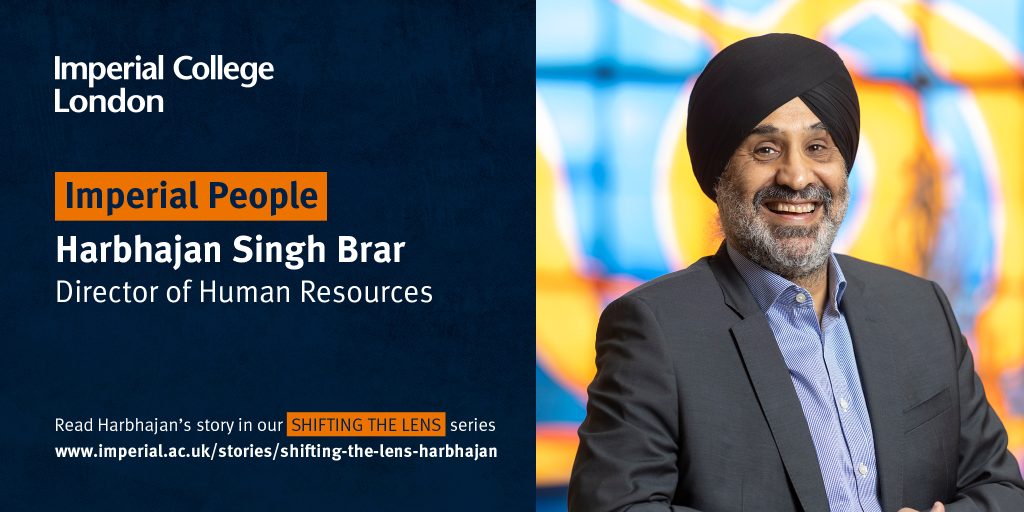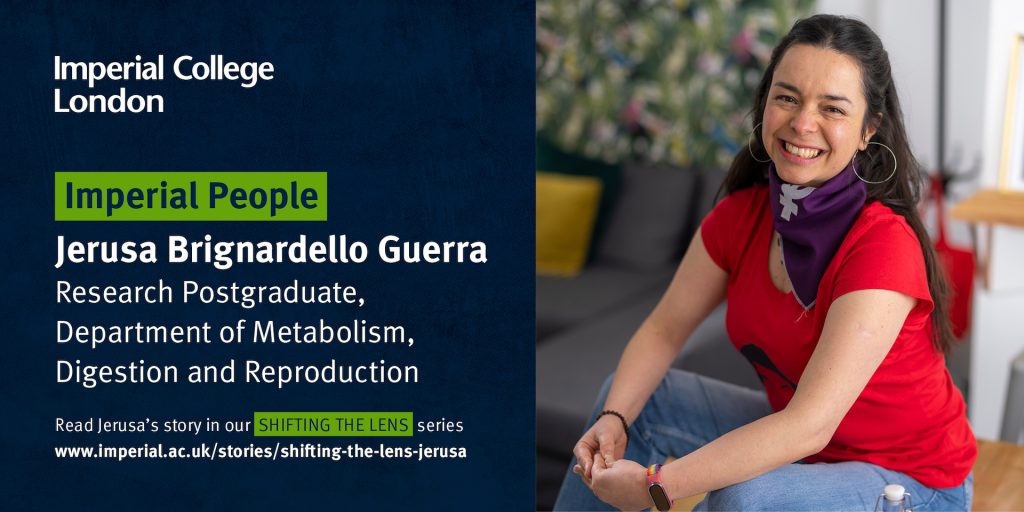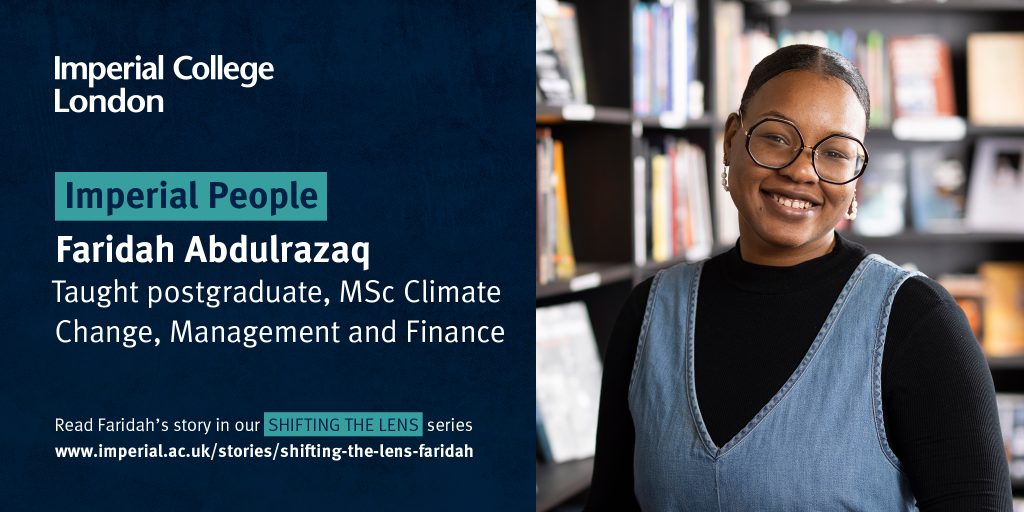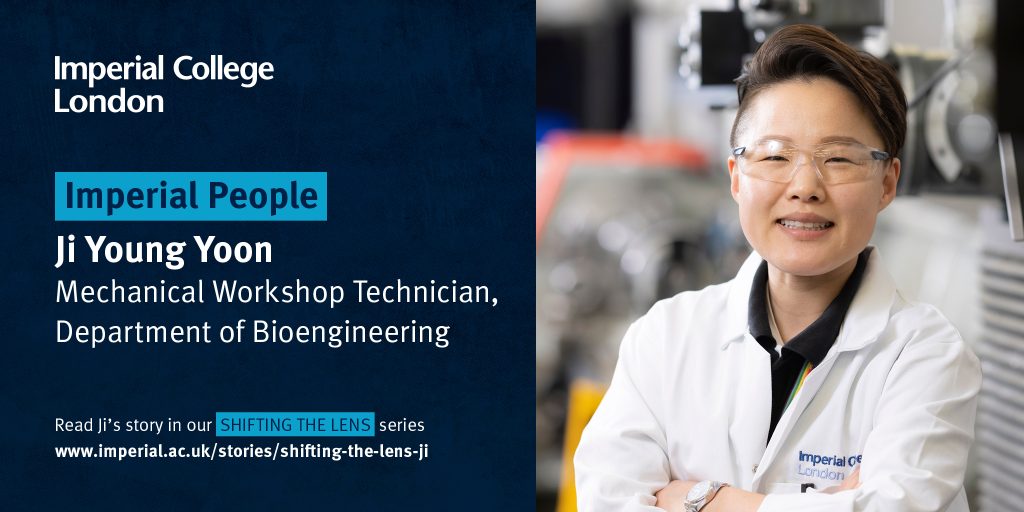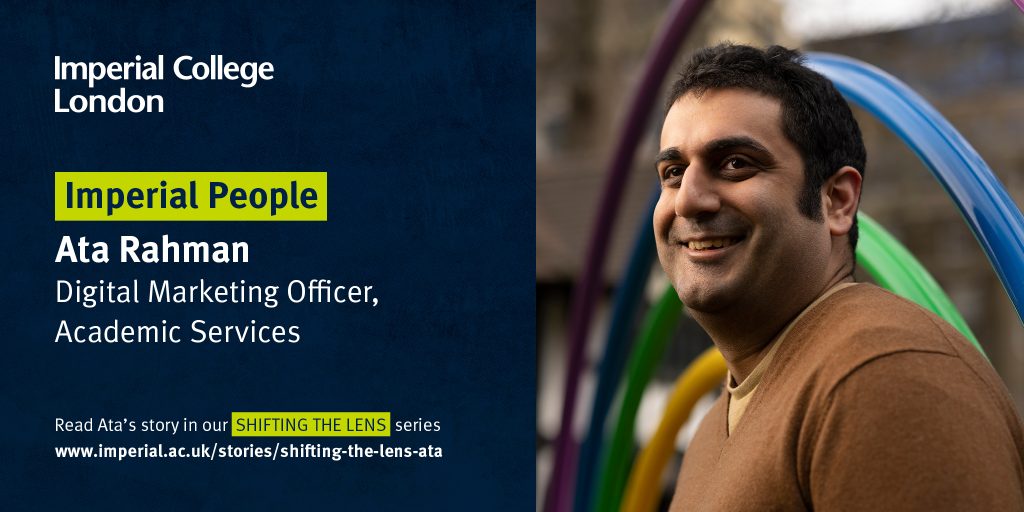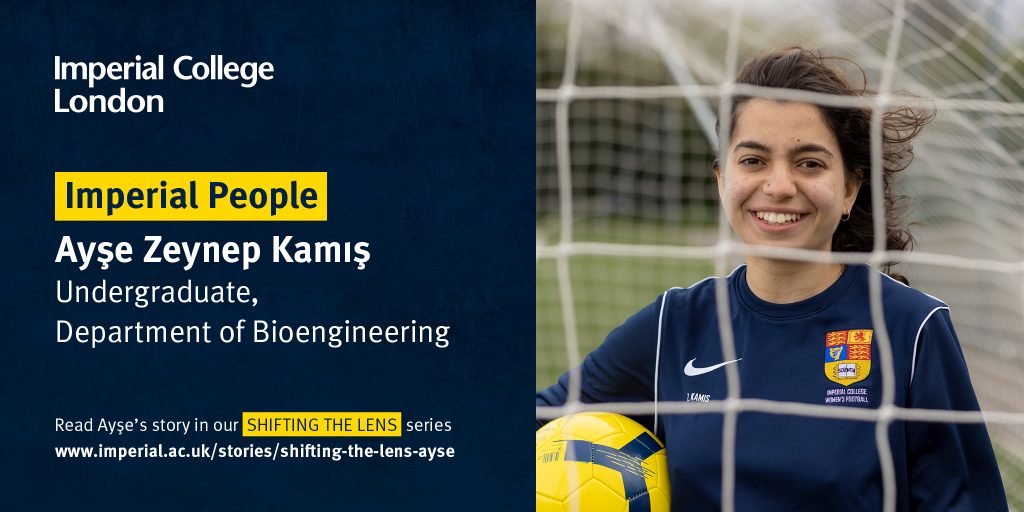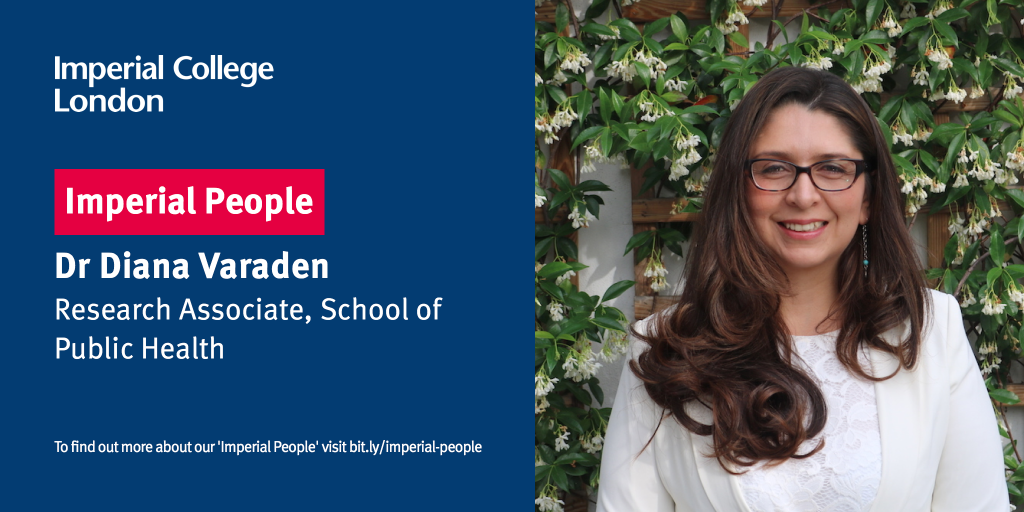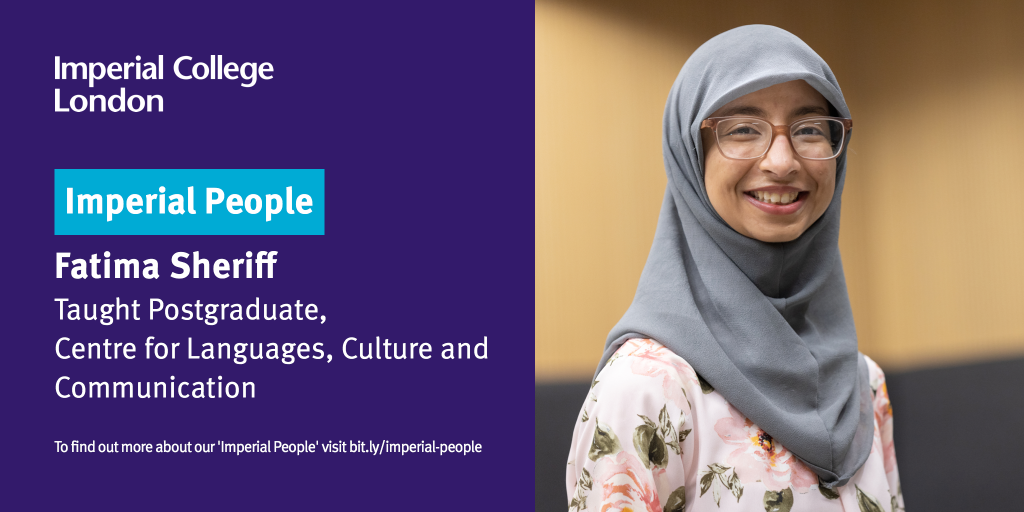“Being able to work in the lab on important environmental health issues, surrounded by amazing brains who are genuinely nice people, is a privilege.”
I wouldn’t say my career journey was entirely conventional. Academic, yes, but I skipped an MSc and went straight from PhD to my first fellowship. These were considerable achievements, but establishing both my independence and my own research niche so early on was challenging. I also weaved through disciplines, from marine biology to ecotoxicology to physical and analytical chemistry, to exposure and air pollution science and back to toxicology. These have given me a solid, holistic understanding of the research I do. Now I’m a lecturer and lead a research team and I can’t wait to watch them flourish and make discoveries in the emerging field of microplastics and health.
Over the last few months, I’ve presented remotely to a group of European consortia, and to College students on the other side of the world. The students were on a programme at the University of Akron, and as part of one of their modules, I was invited to give a lecture.
I also presented in-person to science enthusiasts at the New Scientist Festival in Manchester, and to toxicologists in San Diego at the Society of Toxicology annual meeting, my first international conference off UK soil in two years. (more…)
